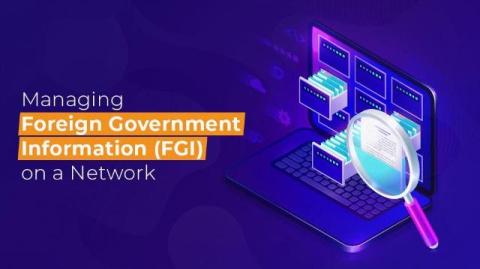Emerging AI Use Cases in Healthcare: A Comprehensive Overview
The integration of AI, especially Gen AI, into healthcare has been transforming the industry, enabling providers to enhance patient care, streamline operations, and reduce costs. Below is an overview of the most promising AI use cases in healthcare that are reshaping the industry.











